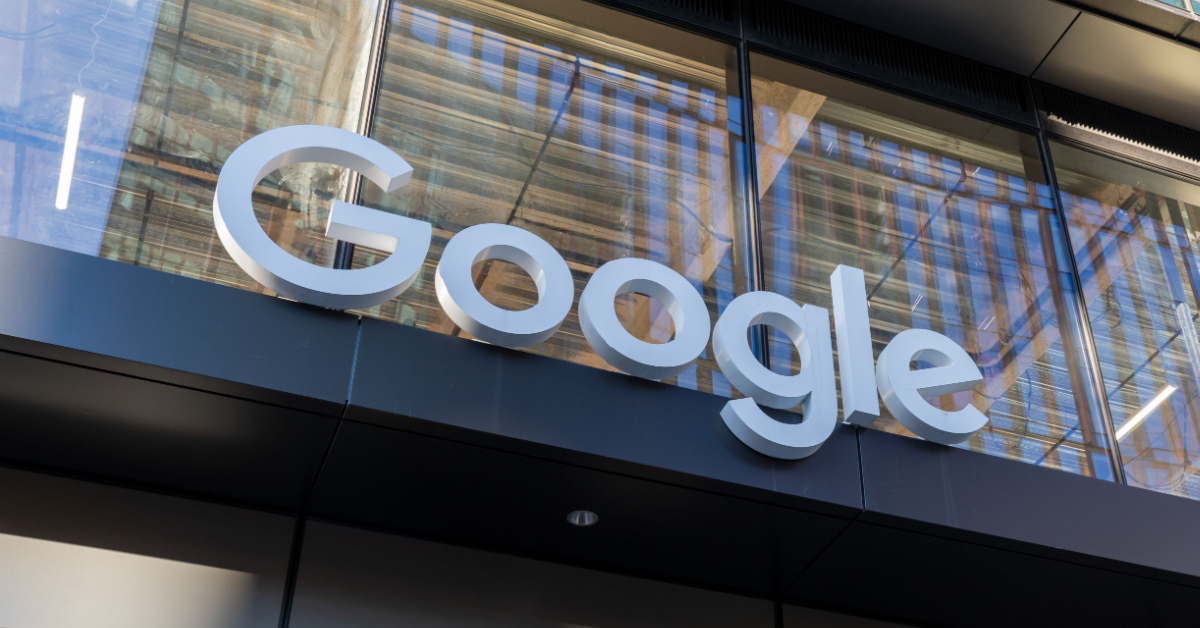A Delhi HC bench passed the directions after the tech giants sought a review of a single-judge bench order of the same court
Google and Microsoft said they don’t have the technology to detect non-consensual intimate images without having their specific URLs
In April 2023, the Delhi HC bench directed both the companies to block access to non-consensual intimate images on their respective search engines without requesting URLs
The Delhi High Court (HC) on Thursday (May 9) directed Google and Microsoft to file a fresh review petition against the court’s previous order which required the tech giants to identify and remove non-consensual intimate images without requesting specific URLs.
This comes a day after it was reported that Microsoft and Google moved the HC challenging a single-judge bench order dated April 26, 2023, directing them to use “already existing mechanism with the relevant hash-matching technology” to remove non-consensual intimate images (NCIIs) without requesting URLs.
A bench comprising acting Chief Justice Manmohan and Justice Manmeet Pritam Singh Arora asked the companies to file a review petition after they said that they don’t have the technology necessary to detect NCIIs without their specific URLs.
Their counsels, however, informed the HC that both the companies are developing tech to detect such non-consensual content on its own.
“Keeping view of the aforesaid, it would be appropriate if the appellants file a review and bring the aforesaid facts to the notice of the single judge. In the event the appellants are aggrieved by order of the single judge in the review petition, the appellants shall be at liberty to revive the present appeals,” Justice Manmeet PS Arora said as per news agency PTI.
In April last year, the single-judge bench of the Delhi HC directed Microsoft and Google, which operate search engines Bing and Google, respectively, to block access to NCII on their respective search engines, citing potential humiliation or harassment of victims.
The April 2023 directions came on a plea filed by a woman that sought the blocking of certain sites carrying her intimate images. She also called for registering an FIR against a man who she alleged acquainted himself with her through social media.
The bench then said that the search engines cannot feign helplessness in removing or disabling access to links that contain such illegal content.
“If information is relating to content which is prima facie in the nature of any (NCII) material… the search engine is required to take all reasonable and practicable measures to remove or disable access to such content which is hosted, stored, published or transmitted by it,” the order said.
It is pertinent to note that this is not the first time that the big tech giants find themselves at odds with Indian authorities and courts. Google is already saddled with multiple troubles, including antitrust rulings, takedown requests from the government and other compliance issues.
The new IT Rules, emerging threats such as deepfakes, and failure to clamp down on fake news have also landed the two tech juggernauts in the crosshairs of the Centre.
Disclaimer
We strive to uphold the highest ethical standards in all of our reporting and coverage. We StartupNews.fyi want to be transparent with our readers about any potential conflicts of interest that may arise in our work. It’s possible that some of the investors we feature may have connections to other businesses, including competitors or companies we write about. However, we want to assure our readers that this will not have any impact on the integrity or impartiality of our reporting. We are committed to delivering accurate, unbiased news and information to our audience, and we will continue to uphold our ethics and principles in all of our work. Thank you for your trust and support.



![[CITYPNG.COM]White Google Play PlayStore Logo – 1500×1500](https://startupnews.fyi/wp-content/uploads/2025/08/CITYPNG.COMWhite-Google-Play-PlayStore-Logo-1500x1500-1-630x630.png)